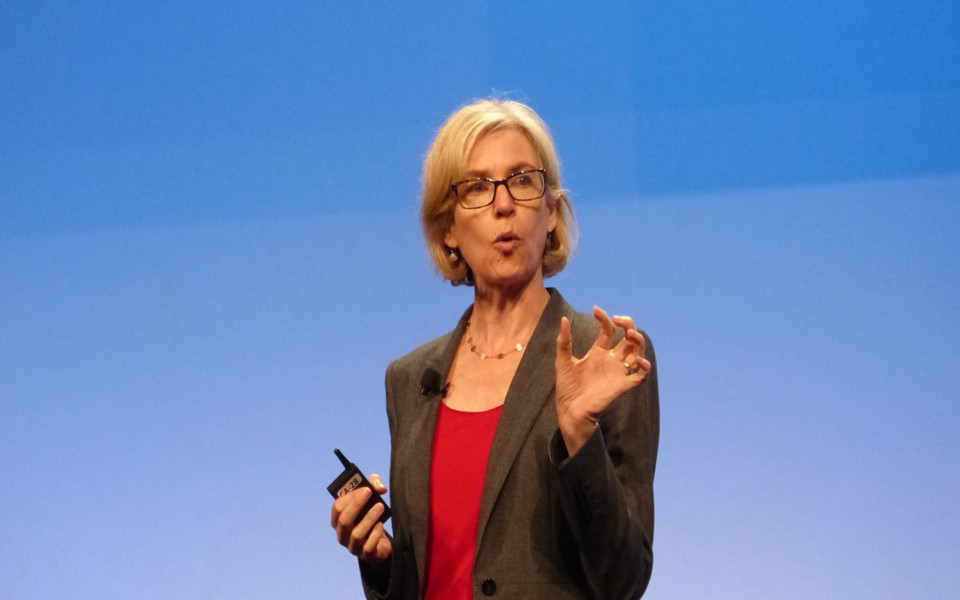CRISPR star Jennifer Doudna calls for public debate on embryo editing
After Jennifer Doudna and other scientists improved the technology known as CRISPR to edit human genomes, a long-awaited, and sometimes feared, milestone arrived.
For the first time in human existence, it became practical to change genes throughout the entire human genome with high precision and accuracy. And today, a decade after the introduction of CRISPR, it’s newly apparent that such manipulations have been made to human embryos — a feat achieved by scientists at the Salk Institute in La Jolla and elsewhere.
Tinkering with genetics, a system that has been produced through billions of years of evolution, takes humanity into unknown territory. This powerful technology can be used for many purposes, not just stopping disease. Alterations in an embryo’s edited genome would be passed along to generations of descendants — for good or ill.
Doudna, a UC Berkeley molecular biologist, said during a visit to San Diego this week that society needs to catch up to this potentially world-transforming field of science. She has co-authored a book, “A Crack in Creation,” on the benefits, perils and ethics of what scientists call germline editing.


